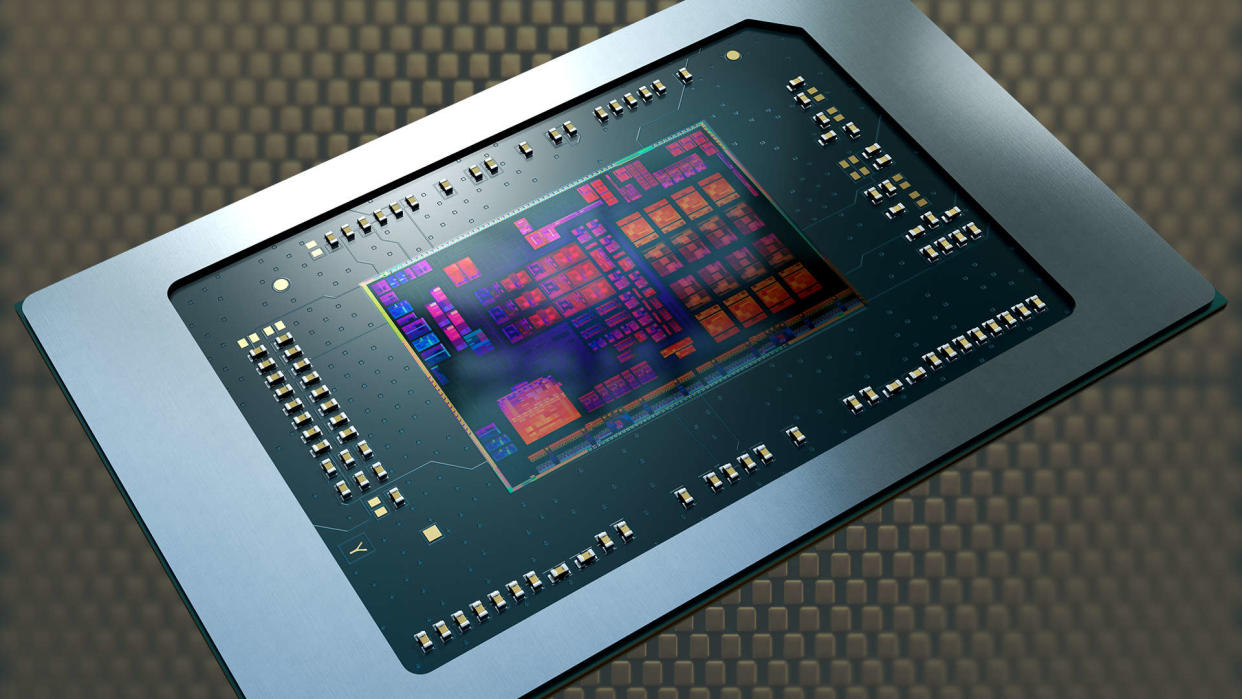Asus and ASRock BIOS files provide yet more evidence AMD's cheap Phoenix laptop APU will rise on desktop

Motherboard BIOS updates are rarely newsworthy but the latest ones from Asus and ASRock, for some of their AM5 X670 models, contain an Agesa update that provides more evidence AMD is definitely going to release a Ryzen 7000G desktop APU, using its laptop Phoenix architecture.
Just don't ask when.
As reported by Hardwareluxx, the fresh BIOS files contain the 1.1.0.0 version of AMD's Agesa software. This is essentially a checklist for PCs to follow when they first boot up, to ensure that the CPU, RAM, and motherboard chipset all correctly initialise. Any new processors have to be included in the lists, otherwise, the BIOS won't function properly.
In this latest revision, there are clear entries for Phoenix 7xxx APUs. At present, desktop PCs sporting Ryzen 7000-series CPUs are host to Raphael processors, which use one or two 5nm chiplets for the Zen 4 cores and a single 6nm IO chip, that also houses two RDNA 2 compute units for very basic graphics output.
On the other hand, laptops that have a Ryzen 7040-series CPU are home to AMD's Phoenix architecture. This is a monolithic design (i.e. no chiplets) that uses the same Zen 4 cores as in Raphael but with less L3 cache. However, the integrated GPU is much better, with models offering up to 12 of the latest RDNA 3 compute units for a spot of gaming.
In previous Ryzen series, AMD has nearly always made a desktop version of the monolithic chips, calling them APUs (accelerated processing units). Think of these as a cheap CPU+GPU all-in-one chip, helping to give PC gamers on a tight budget a way to play games without resorting to spending a fortune on a graphics card. For example, the Ryzen 7 5700G was an excellent APU, with much better gaming performance than any Intel integrated GPU.
A desktop version of the Ryzen 7 7840U, as used in the Framework 13 laptop, and the best gaming handhelds, would be an ideal entry into cheap 1080p gaming, and with eight cores, 16 threads and 12 compute units (768 shaders), it would be a good platform to expand upon. Whether we actually get anything like that is another matter entirely.
Motherboard vendors are clearly getting ready for some new AM5 desktop APUs. All we need now is for AMD to actually pipe up and let us know exactly what's going on.


